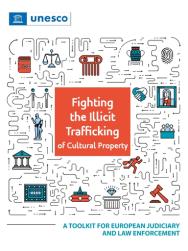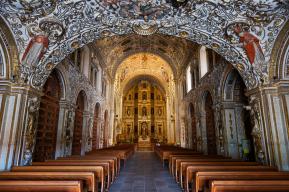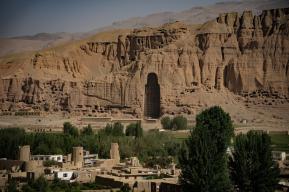
UNESCO
UNESCO
Fight Illicit Trafficking (1970 Convention)
Theft, looting and illicit trafficking of cultural property is a crime. It deprives people of their history and culture, it weakens social cohesion in the long term. It fuels organized crime and contributes to the financing of terrorism.
UNESCO works to provide a clear and strong response to stem this scourge.
Since its founding, UNESCO has been developing benchmark legal instruments, including the 1970 Convention - the culmination of a long process of reflection on the fight against the illicit traffic of cultural property. It is a collective duty to act against the illicit trafficking of cultural property and to protect cultural heritage.
Key Numbers
Art Knows no frontiers Neither does organized crime
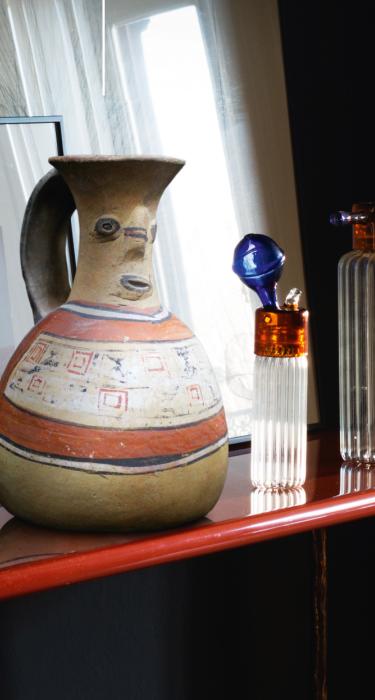
Event
Publications
Countering illicit trafficking of cultural objects in South-East Asia: capacity-building guide and methodologies
2019
UNESCO
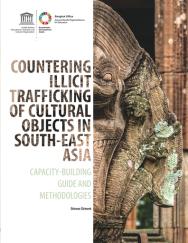
50 years of the fight against the illicit trafficking of cultural goods
Octobre - décembre 2020
UNESCO
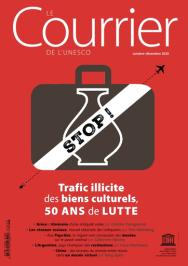
Witnesses to history: a compendium of documents and writings on the return of cultural objects
2009
UNESCO
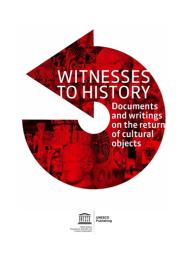
Fighting the illicit trafficking of cultural property: a toolkit for European judiciary and law enforcement
2023
UNESCO
